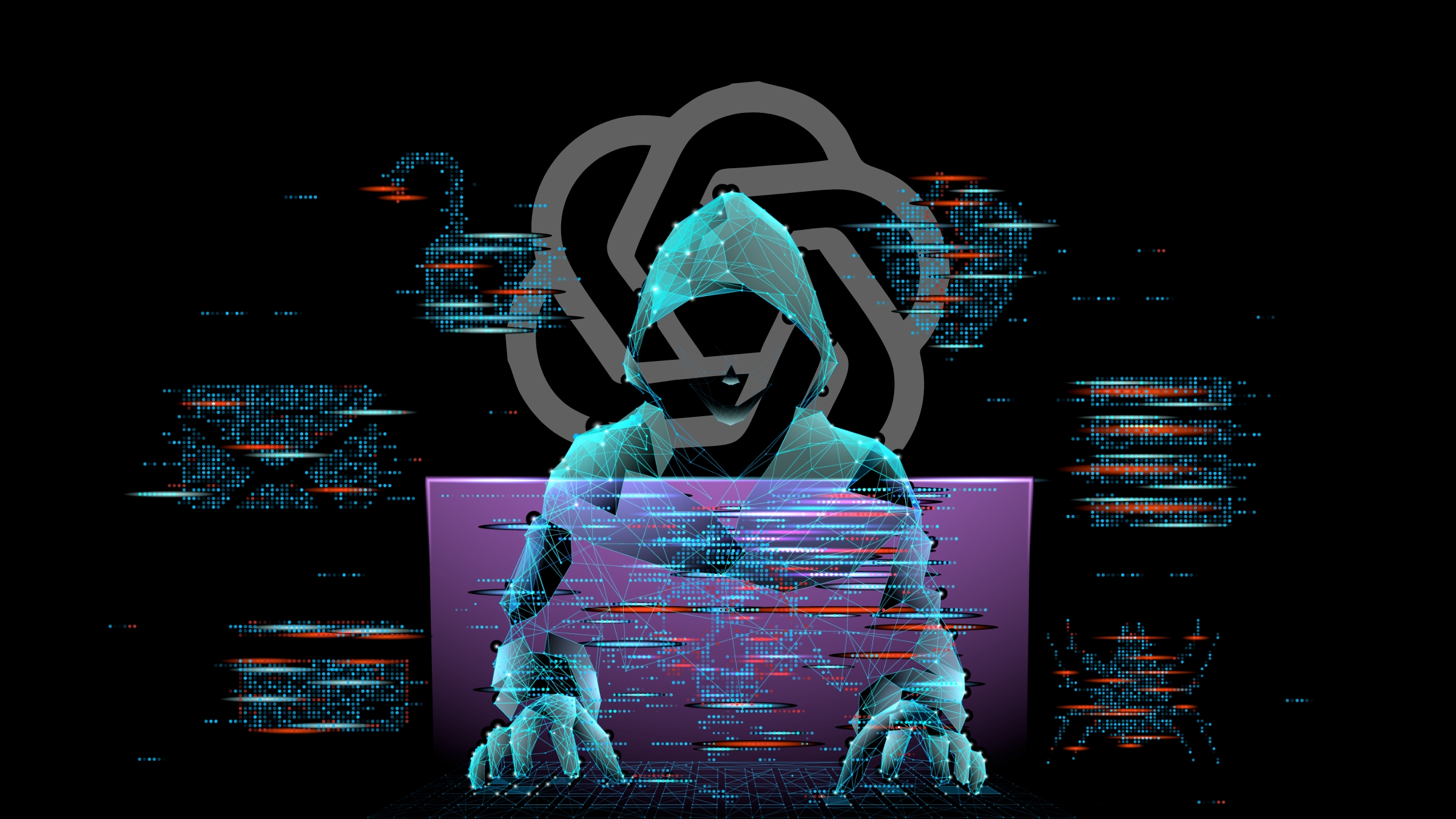
In recent months, OpenAI fortified its security systems to protect it from AI spying and stealing after suspicions that DeepSeek had replicated its models, improving how it manages sensitive information in its offices and data centers to protect it from AI and corporate espionage.
As the AI industry competition is escalating globally, OpenAI is stepping up its game to protect its valuable intellectual property. The company’s new set of rules will reduce external and internal leaks threats. AI intellectual property protection is becoming a priority in today’s pursuit of innovation.
Tighter Controls on Access, Communication
OpenAI has imposed harsh regulations on who gets to see valuable algorithms and new offerings.
According to the Financial Times, when OpenAI was developing its o1 model, only examined team members could discuss it in common areas. The company’s “information tenting” technique keeps valuable information within a secure set of people and avoids any possible OpenAI security breach.
To reduce risks even more, OpenAI now keeps sensitive technology on non-internet-enabled computers. Office facilities are protected with biometric access controls such as fingerprint scanning that allow only authorized staff inside. Sam Altman wants to maintain a network policy for AI security comprising a “deny-by-default” practice where special permission is required before connecting to the outside network.
Cybersecurity Enhancements
Apart from more digital censorship, OpenAI increased its data centers’ physical security to prevent unauthorized access, as well as to effectively protect itself from hacking and foreign AI spying threats attacks.
Such security measures are in reaction to growing concerns over foreign competitors trying to copy OpenAI initiatives and conduct AI spying missions. They could also tackle internal threats, including AI model leaks and employees’ switchovers between rival AI companies.
Boosting AI privacy standards has been on the agenda because the industry is under increasing pressure to protect sensitive innovations. OpenAI has yet to issue any official public statement regarding these reports.
OpenAI’s recent security overhaul highlights how seriously the company takes the risks of AI spying and corporate theft. In an industry driven by rapid innovation, protecting valuable AI technology is essential not only to maintain competitive advantage but also to safeguard the future of AI development.
The full impact of these changes remains to be seen but one thing is clear: strong security and even stricter AI privacy standards will be key to preserving trust and innovation in the AI world moving forward.
Inside Telecom provides you with an extensive list of content covering all aspects of the tech industry. Keep an eye on our Cybersecurity sections to stay informed and up-to-date with our daily articles.